Scheduling conflicts reveal indifference towards valuing all students
The Pleasant Valley Community School District lauds itself as “a premier innovative district in the Midwest,” claiming to value “providing superior quality opportunities” and “continuously improving and customizing the educational experience.” Yet recent struggles in course request fulfillment at the high school demonstrate negligence to actualize this mission statement.
Each school year, students request courses at the end of their Career and College Readiness quarter. Juniors made these selections at the end of March. But with a mere week left of school, dozens were notified that two or more of their classes conflict.
Rising seniors naturally enroll in the most advanced or specialized courses. Many of these AP and senior-heavy courses only have enough students to form one or two sections per semester.
This year, the 31 courses with only one section have been poorly placed on the master schedule. In an earlier version of the master schedule, Honors Journalistic Writing, Humanities of the Early World and AP English Literature and Composition, for example, were only offered during the same period in the first semester. English and humanities courses are complementary and often taken as additional electives senior year, attracting a similar group of students.
Not only are last-minute changes being made, but contradictory information has also left students confused. In the past weeks, the master schedule was changed to decrease AP English Literature and Composition conflicts. However, students who were already forced to make schedule changes were not informed of the adjustment, unaware of the possibility of re-enrolling in their originally-requested classes.
And English is not the only subject with conflicts. STEM and elective classes have been similarly affected. “My counselor emailed me about a lot of conflicts but my biggest was that Microbiology and Organic Chem, AP Calc and AP Chem were all only offered during first and seventh periods,” explained junior Swetha Narmeta. “Because I plan on going on the pre-med track, these are all classes that’ll get me ready for college or even qualify me for credit.”
Courses at the high school are meant to prepare students for future success, but are failing to accommodate academically rigorous courses, many of which are college-level and college credit classes. The most driven students who attempt to prepare themselves for their future are left with limited options to do so.
Even music classes are affected by these conflicts. “I’ve been a part of the Pleasant Valley orchestra program since fourth grade, but I had to quit because my required English class is during the same period. Our junior and senior orchestra typically only has a small group of students to begin with,” said junior Odelia Ayika.
Inevitably, classes with historically low enrollment are most affected by scheduling oversights. “From what I’m told, AP Spanish only has a couple students involved in the conflict, but when you have smaller numbers, taking a few out does make a difference,“ shared Stephanie Risius, AP Spanish teacher and head of the World Language department. She said taking away the opportunity for fine-arts centered students to take multiple English, language, or humanities courses is disappointing.
Students with conflicts in AP Spanish have the option to take the course online through the asynchronous Edgenuity program. Similarly, many dual enrollment courses, including the humanities and calculus classes, can be taken asynchronously online through Scott Community College.
While some students appreciate this opportunity, in-person lessons or even scheduled meetings with an instructor and classmates are undoubtedly more conducive to learning. During the COVID-19 pandemic, transitions to online learning caused increased levels of stress and anxiety. Additionally, students often struggle to pace themselves through online learning, leading to poor study patterns and low academic performance.
Risius shares similar concerns for students attempting Spanish online. “It’s probably not an interactive class and so your speaking will be a challenge. You’ll still be able to listen. There’s a lot to be said about being in person in a language class,” she said. Especially in an AP class, teachers with curriculum and test experience will best prepare students for the AP exam.
In the final days of the school year, students were still struggling to fill and rearrange their schedules. Many emailed or met with their counselors to adjust their courses or find alternatives. But this crunch time began just days before summer break, leaving students with little time and few options.
High school counselors claim that with 99% of course requests fulfilled, this is the best master schedule they have had in 12 years. But the reality is that the 1% of course conflicts disproportionately affects the most advanced, ambitious students.
If the mission of PV is truly “to have the finest academic and extra-curricular programs in the state,” administrators should be willing to accommodate rigorous course loads and promote academic excellence. After all, the district’s mission makes a point to specify that their promise of excellence is not for some kids, but for all kids.
Failures in the education system disparage both teachers and students
After factoring in the surging numbers of educators leaving the profession, the chaos of arranging the schedule is exacerbated even further.
Low pay, sparse benefits and an extremely intensive workload are driving PV’s most prized teachers away. Within the past two years, teachers like Emily Jorgensen, Ann Berger, David Baxter, Ellen Kendrick and Evan Terronez have left Pleasant Valley to pursue other careers–and the overwhelming majority of those left education.
“Really good people are walking away because they can’t do the right thing anymore. And if you can’t do your job well, you have to go somewhere else. But look at what we are leaving behind: our students. My heart is truly breaking,” Berger said on her final day as a public school educator.
“As a student who has had the pleasure of being taught by Jorgensen and Berger, I can attest to the fact that they are some of the most spirited teachers I have ever had,” junior Alika Cho expressed. “I found that they were the most passionate about educating students, but the lack of a supportive educational environment has let them down.”
Left behind are classes like American Sign Language, which require higher certifications and narrower educational studies. Dual enrollment classes often make up the majority of seniors’ schedules and are courses heavily affected by the availability of certified teachers.
Dr. Lynne Lundberg is one of a handful of teachers who has experience in teaching at both the high school and college level. “When a person is teaching a class for Scott Community [College] or dual enrollment, they need to be content-area experts. What that often means for teachers is that they have to go back to school to get additional education.”
Achieving these specific certifications, though, is demanding. Not only do teachers need to pursue these degrees while simultaneously teaching, but they are rarely offered financial support by their districts.
“Graduate hours are even more expensive than undergraduate hours; none of that cost is generally reimbursed by the school district. Teachers are asked to get an education, become qualified to teach, then get more education to be qualified to teach high level classes for their students. Unlike the private sectors, teachers have to pay for this personally,” Lundberg explained.
Teaching dual enrollment Public Speaking, for example, requires a Master’s degree or higher in Communications, a certification that only two teachers at PVHS possess.
This coming year, Public Speaking has 13 sections across two semesters. Robyn Samuelson and Lundberg are tasked with teaching Public Speaking for the majority of the day, leaving little room for courses like AP Literature and Humanities. Once these classes are confined to just one period, students are left with the dilemma of determining which classes are more valuable to their future than others.
Once Lundberg retires, scheduling English classes will prove to be even more difficult. All humanities classes will likely cease to exist, and the number of public speaking slots available will plummet without another certified teacher
Newly added courses, like ENG: 105, have been added on to teachers’ workload, despite a majority disapproval from the English department. Teachers taking on new responsibilities and classes have been given little to no guidance to build curricula or access their course materials–and their contracted time ends when the school year does.
On June 4, with only two school days remaining in the 2023-2024 school year, teachers received the completed master schedule from administration, leaving them with little to no time to plan for the coming year.
With a brand new building addition and an overflow of students, families are flocking to PV’s impressive academic and extracurricular accomplishments. But if the district is not accommodating every student’s academic needs, are they really striving for their advertised excellence?
“We’re often told that as seniors we can explore the classes that genuinely interest us — the ones that make us excited for school and our futures after PV. So it’s extremely disappointing when so many of us are not able to take those classes because of scheduling problems,” expressed Ayika.
The reality is that these singular advanced classes are absolutely vital for students seeking academic rigor and exploration. High school represents a pivotal juncture, one of the scarce windows where intellectually curious students can delve into diverse disciplines and forge their academic trajectory for the years ahead. Curtailing such class offerings obstructs students’ ability to craft a scholastic path aligned with their aspirations and fervent passions. Depriving them of these invaluable opportunities will only compromise their futures.

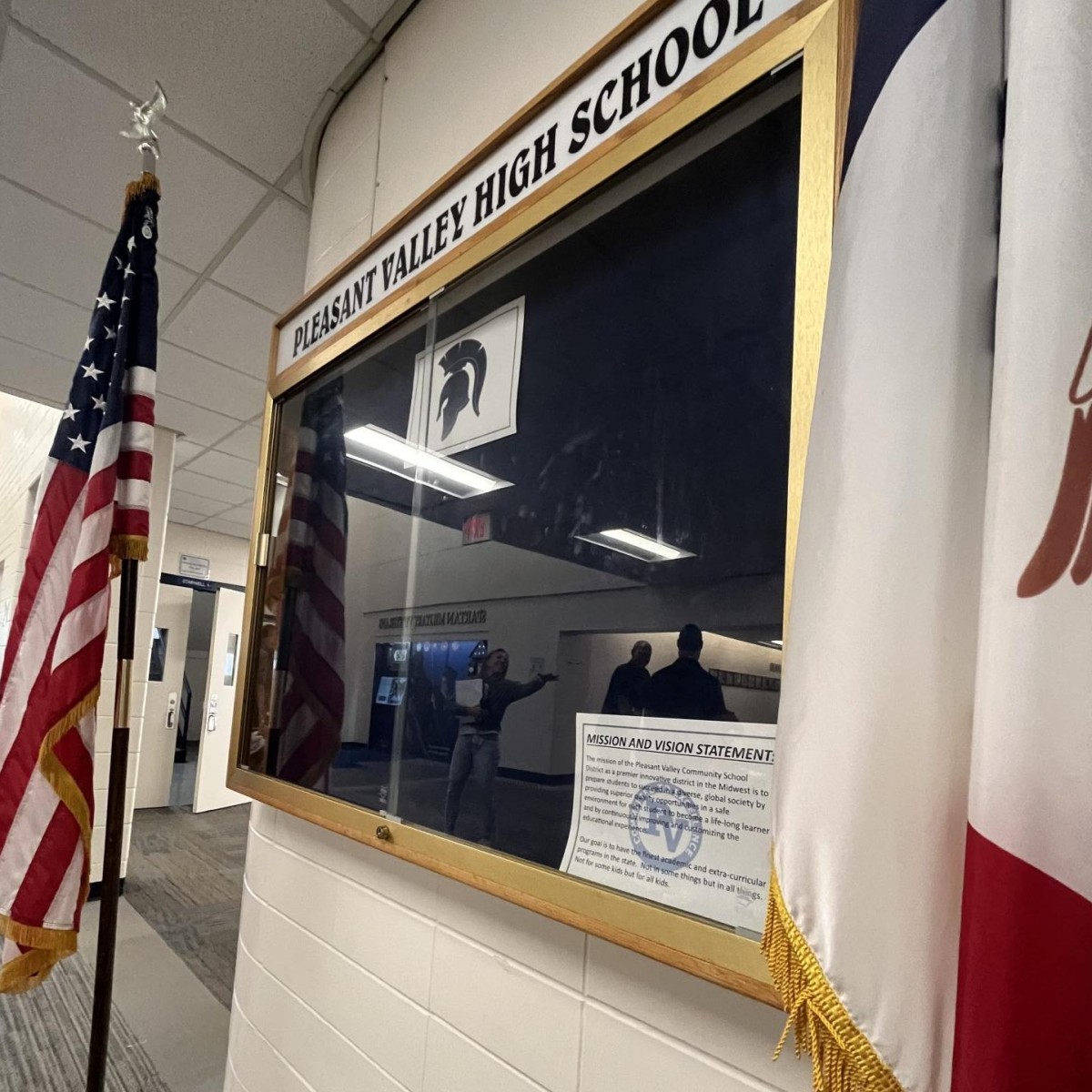
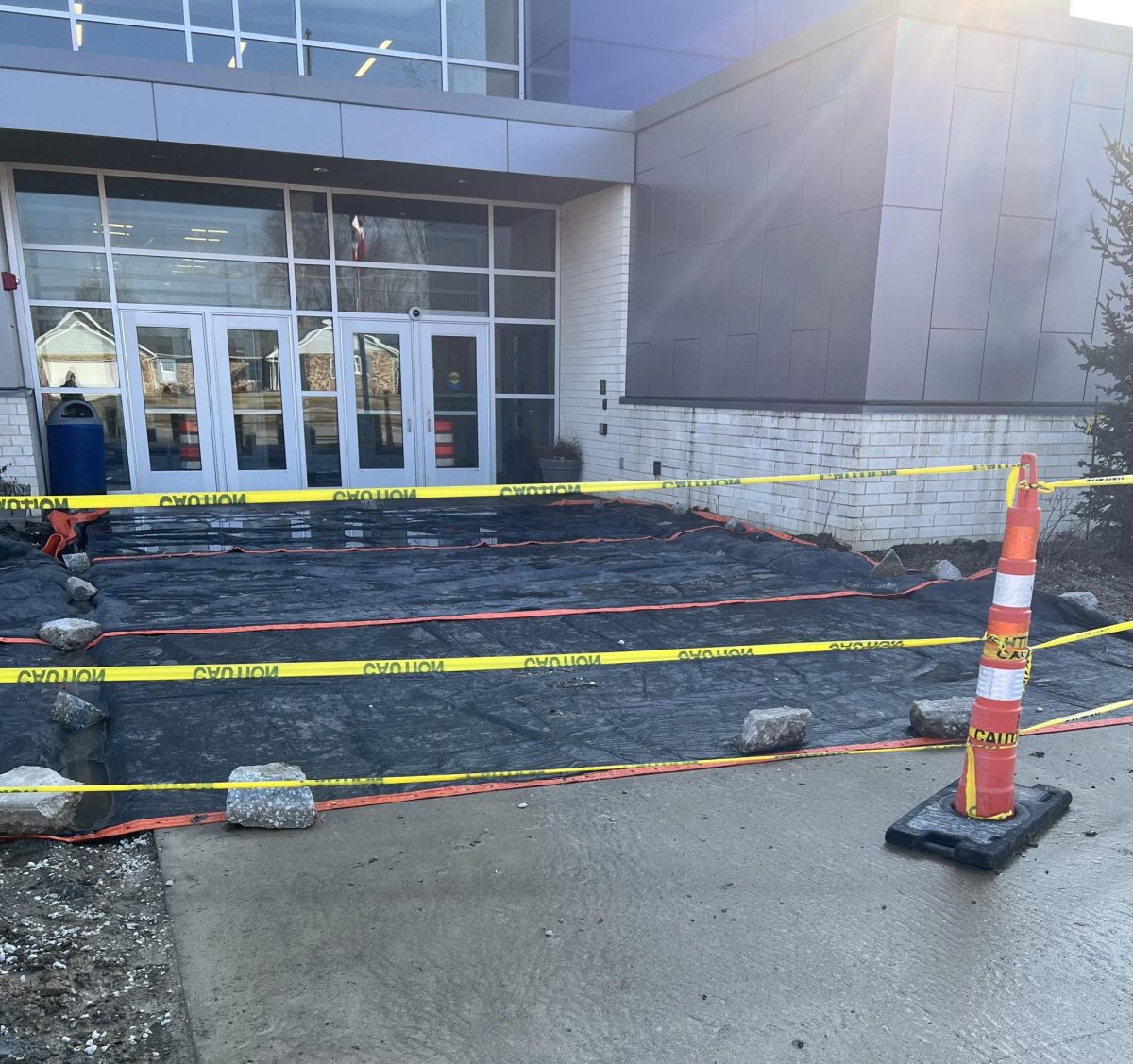
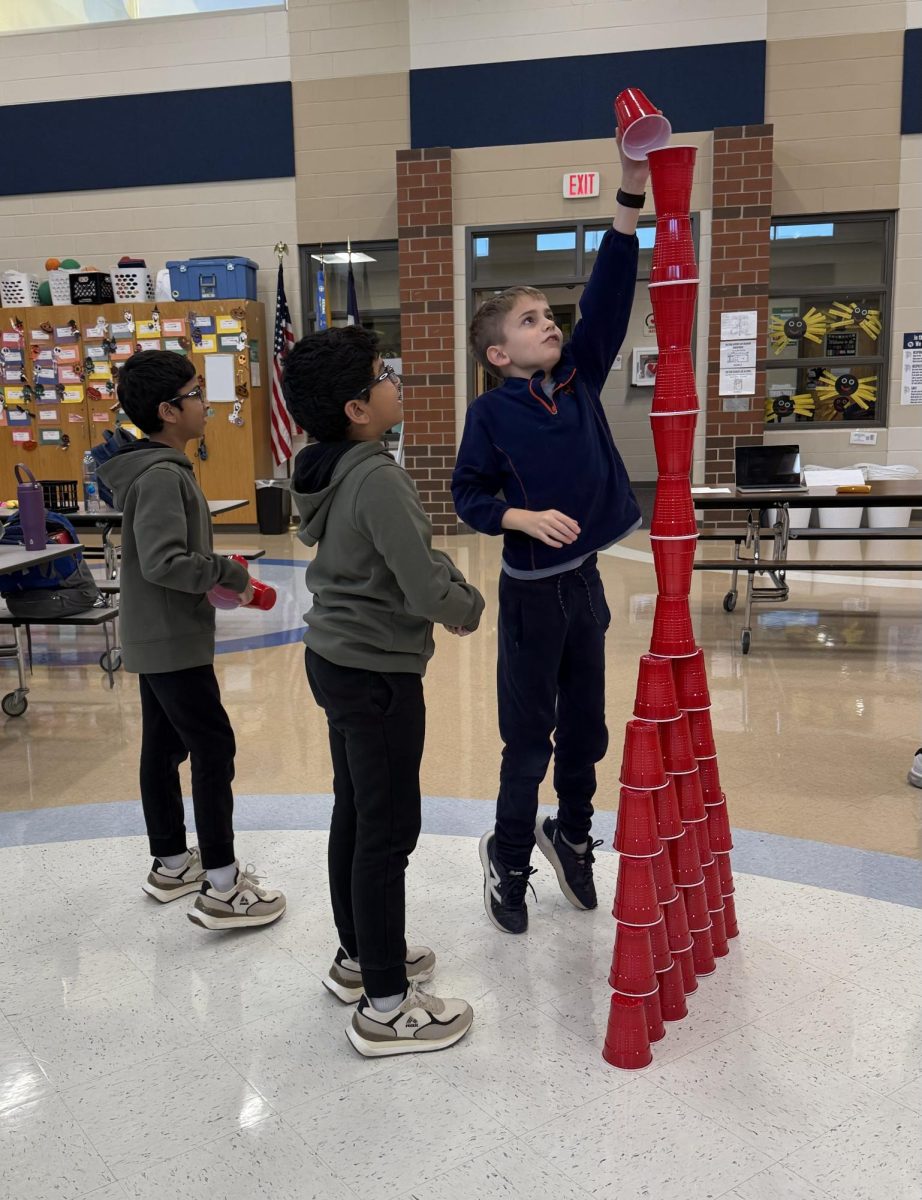
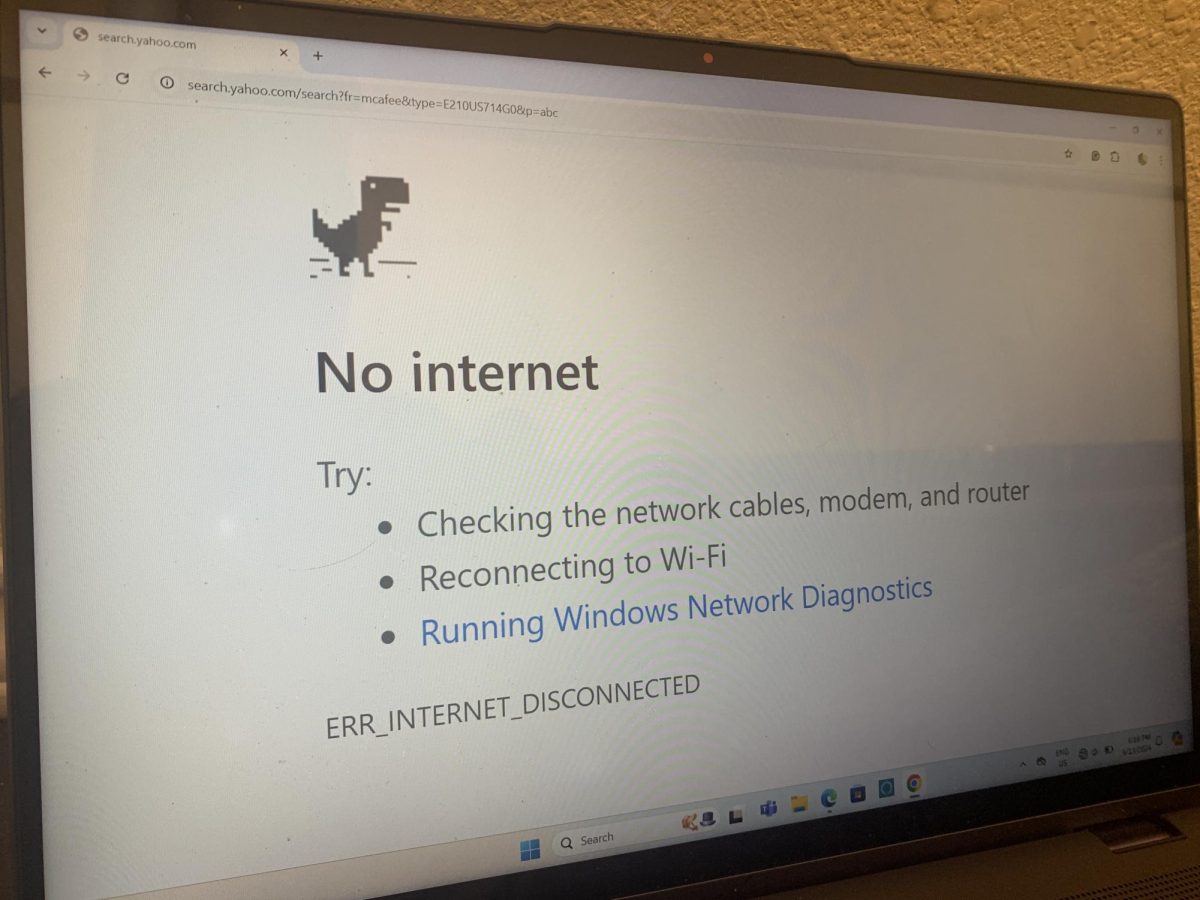
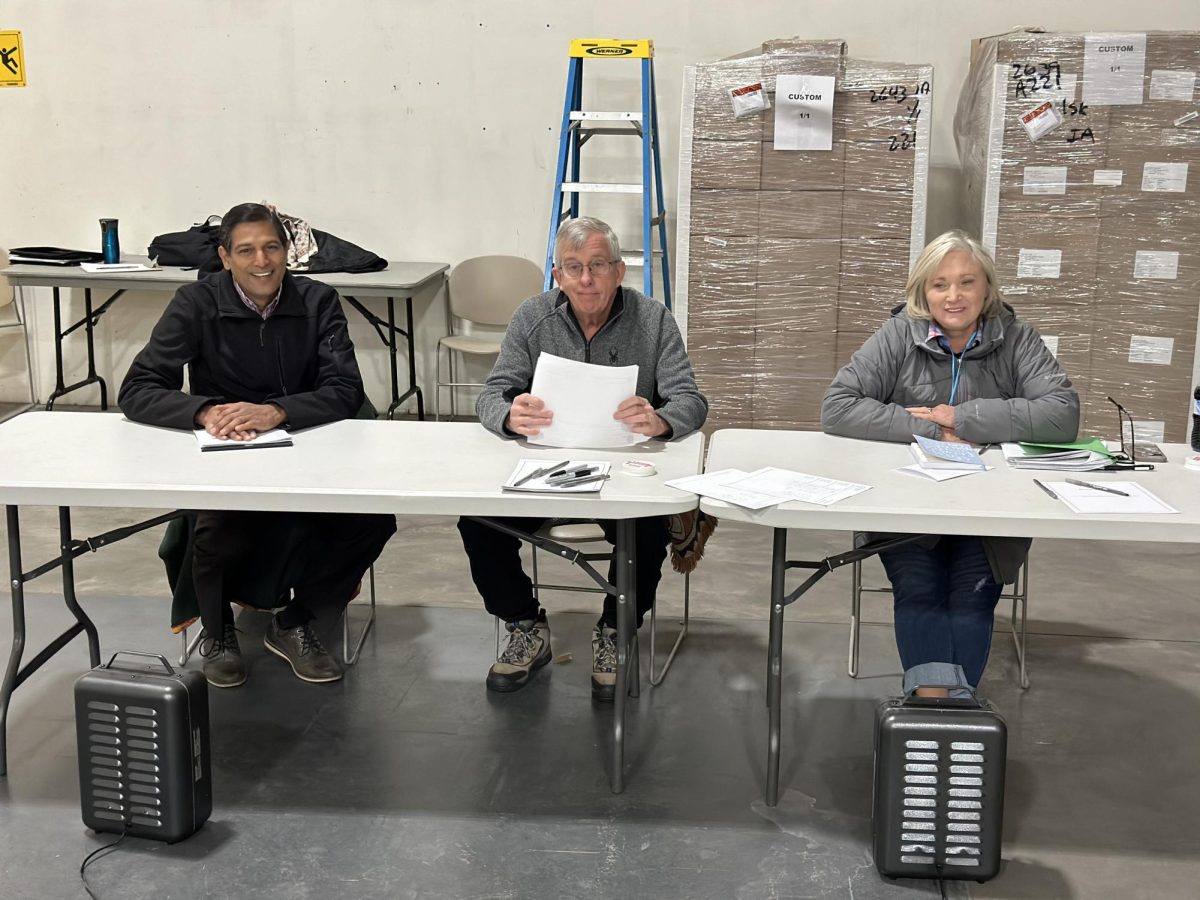

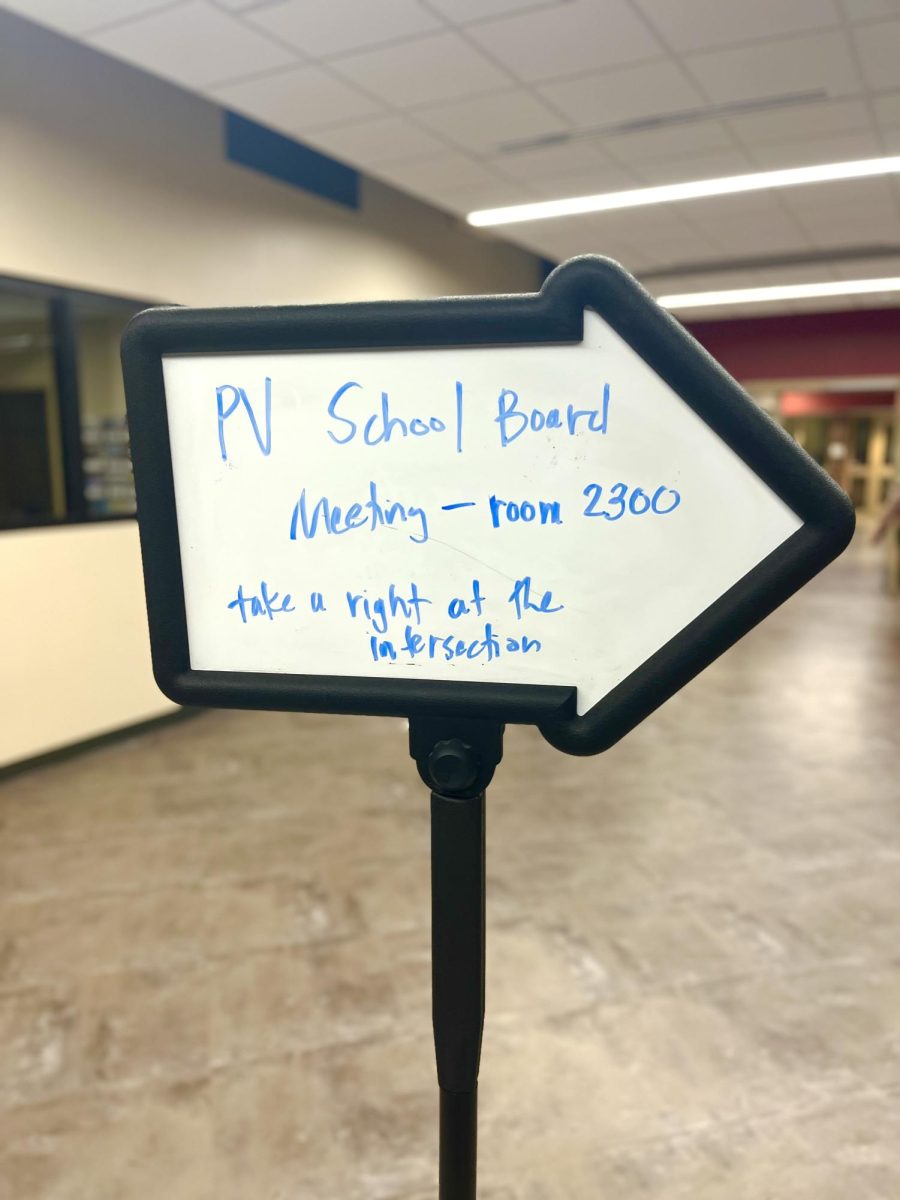
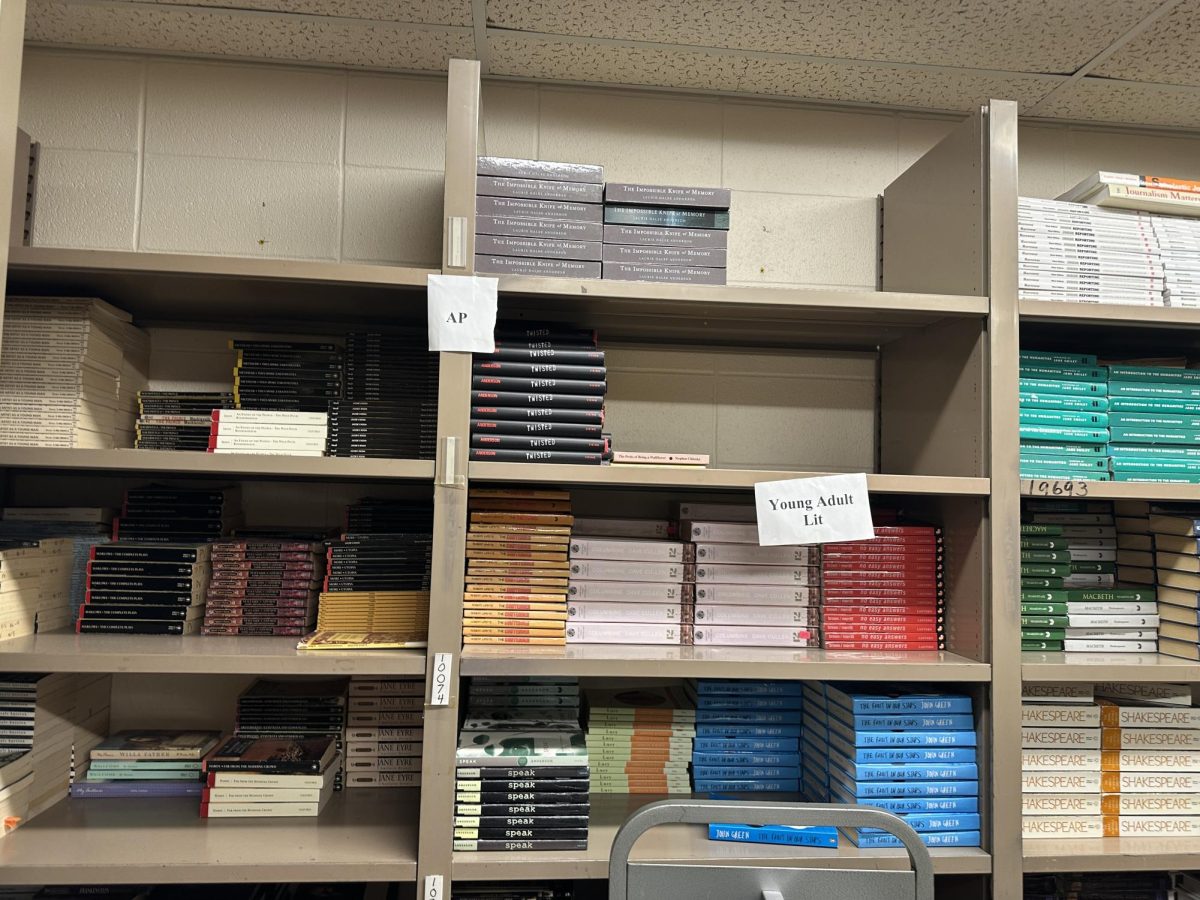
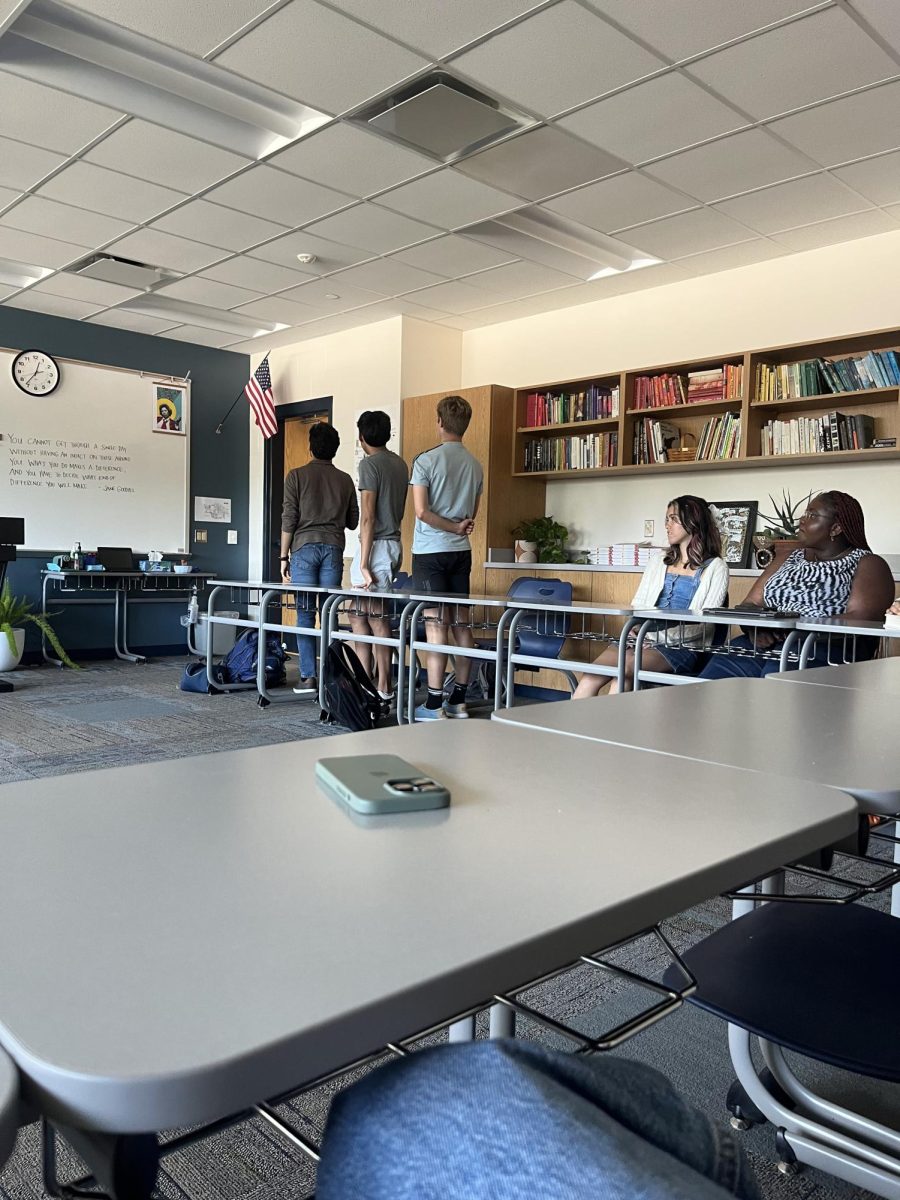

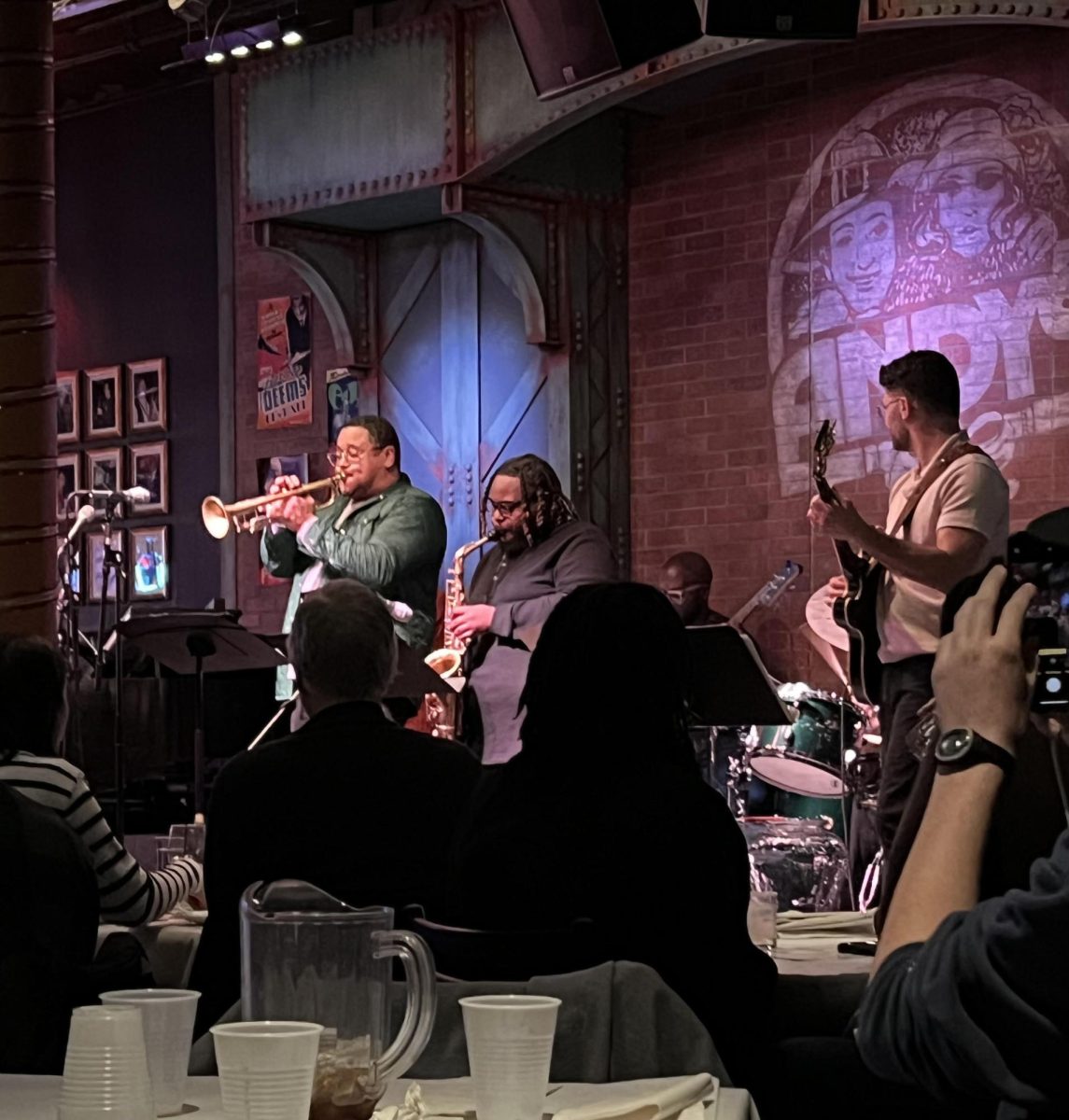
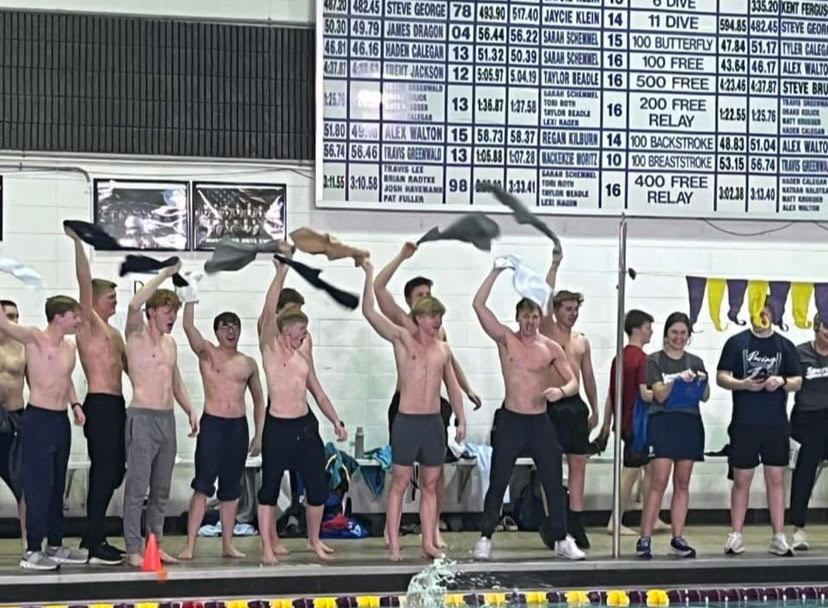
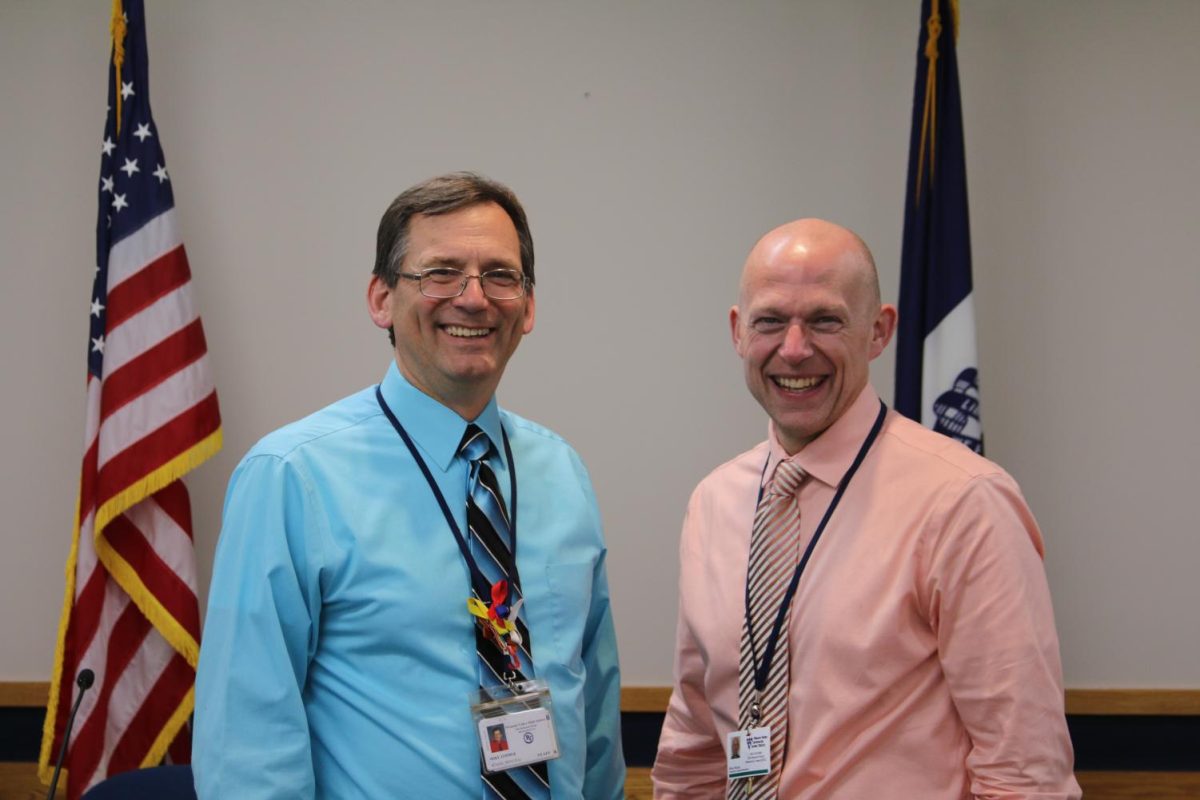
Brayden Arp • Sep 8, 2024 at 11:28 pm
I also believe this is a major problem at our school. I feel like this is such a basic problem that a good school like PV shouldn’t be having. This has many negative effects on students, especially ones that need certain classes to help pursue future careers. Like how Swetha stated, she needs her classes to help pursue a career in medical, however it’s impossible to take the needed classes because of the sculling issues. This problem needs to be fixed as soon as possible if the councilors truly want to help student achieve their Post-Secondary Schooling Goals.
Ava Hartsock • Sep 8, 2024 at 3:12 pm
I was lucky to have Mrs. Mente in 8th grade to help me figure out an academic path would prioritize all of the science classes I wanted to take. Without her help in planning my high school schedule years ago, I can easily see myself in the stressful situation of my friends who are dealing with these scheduling conflicts. Many of my friends have experienced difficulty in receiving passwords and online textbooks for the advanced college courses they want to take before they graduate. When students are faced with the choice to keep a hobby they enjoy (band, orchestra, or choir) or take a course that will help them to prepare themselves for life after high school, many of PV’s high achievers are forced to set aside their hobbies for their academics. Not only does this make school less enjoyable, but it offsets students’ work-life balance, negatively impacting mental health.
Arpita Devshetwar • Aug 30, 2024 at 12:59 pm
I believe that is an actual issue as students are encouraged by counselors to pursue higher education through CCR, I think that many driven students should be given a chance to take as many rigorous courses as they can to prepare for college. However, this issue is also due to the increased number of students enrolled in PV. The number of students enrolled increases affecting the student-to-teacher ratio, and affecting students’ ability to learn. Not only does this higher number of students lead to fewer chances of getting into a class, but it is more like a first come first serve. Teachers are getting paid enough and more work which has also made fewer teachers available. This is leading to existing teachers having many courses, leading to fewer courses for some courses as some of them have to be removed from the curriculum. Thus, I believe that this is a crucial issue and needs a solution.